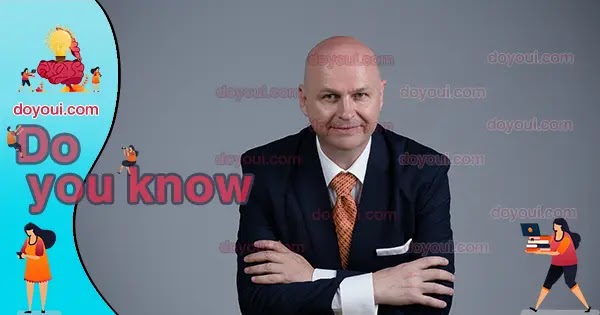You already understand the importance of traffic if you have a website. Internet marketing is similar to real estate in that it is based on traffic. The only thing that really matters is that. You will not sell anything if you cannot get specific visitors to your website.
Usually, the person tasked with increasing website traffic is the owner or designer of the website. The search engine is the most important factor in generating traffic. Advertising can of course be used, but it will cost you. The most cost-effective strategy currently available is to generate targeted traffic that is interested in your product using search engines.
Unfortunately, many website owners do not realize the importance of appearing in, which results in bad traffic. They are more focused on developing a "beautiful" website. This is not a problem, but development in search engines is more important. If you want more targeted traffic to your website, you will hopefully benefit from the following list of mistakes that many website owners make. After all, isn't that what you want?
1. Ineffective use of keywords.
This is probably one of the most important aspects of website design. Your website will be found by potential customers if the right keywords are used. If you are using the wrong sites, your website will not get much traffic at all.
2. Use the same keywords again.
Using the same keywords over and over again - known as keyword stacking - can lead to a page or website being skipped by search engines.
3. Stealing content from various websites.
How many times have I read or heard that "this is the internet, and it's okay" to steal scripts and icons from other websites to use on your site? Never do that. Learning from others who have been there being one thing; Copying their work is another. Page duplicates are usually flagged by very smart search engines. They may even say they will never list you again.
4. Make use of search terms that have nothing to do with your website.
By using keywords that have nothing to do with their website, many unethical website owners try to increase their visibility in search engine results. They include keywords unrelated to the page, such as "sex", the name of a popular celebrity, the most popular search topic of the day, etc. within the page's meta tag. The topic of the page has nothing to do with the keyword. However, they believe that this will increase their visibility since the keyword is widely used. Search engines view this strategy as spam, and this may result in the removal of the page - or even the entire website - from their listings.
5. Keyword stuffing.
Similar to keyword stacking above, this means using the "alt=" HTML parameter to add multiple keywords to a graphic or layer description on your website. This text will be considered spam if search engines detect that it does not accurately describe the layer or graphic.
6. Reliance on hidden text.
You might be tempted to think it wouldn't hurt if you couldn't see it. Wrong... You should not try to make your keywords or keyword phrases invisible. Some unethical designers might, for example, color keywords to match the background of the site; making it inaccessible.
7. Rely on too little text.
This is a different version of the above item that uses hidden text. Don't try to make your keywords or keyword phrases smaller in an attempt to hide them. This is achieved by making the keyword text so small that it is difficult to read.
8. Assuming no two search engines are the same.
Many people think that all search engines work the same way. this is not true. Each has its own set of rules, which can be changed at any time. Learn as much as possible about the requirements of each major search engine for high visibility.
9. Use a free web host.
If you really want to increase your website traffic through search engine visibility, you should not use free web hosting. Search engines frequently remove content from these free hosts.
10. Not checking if web page elements are missing.
Check every page of your website to make sure it's complete, and look for things like missing graphics or links. This can be done for free on the Internet.
These are just a few of the techniques you should stay away from. Don't fall for the lie that these strategies don't work for you. Your website will suffer more damage as a result of it.
Not only will weeks of effort be wasted, but your website may also be permanently removed from search engines. Your website traffic will increase if you take the time to learn how to improve your visibility in search engines.
How do you avoid common SEO mistakes?
To avoid common SEO mistakes, you should:
- Use keywords effectively in your website content, meta tags, and URL structure.
- Create high-quality content of value to your audience and update it regularly.
- Build backlinks from reputable websites to improve your website authority.
- Enhance photos and videos with descriptive filenames and alt tags.
- Use a sitemap and submit it to search engines to make your website easier to crawl.
- Keep your website design and navigation simple and user-friendly.
- Avoid using hidden texts or links, as well as duplicate content.
- Use analytics tools to track your website's performance and make data-driven decisions.
- Monitor your website regularly for broken links and fix them.
- Ensure that your website is mobile-friendly and has a fast loading speed.

